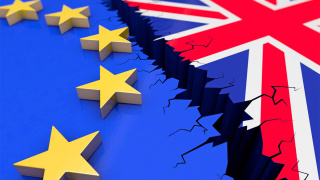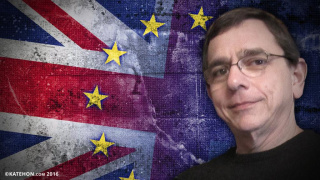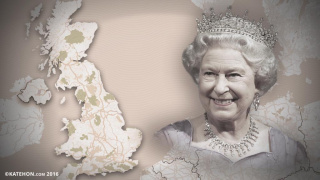Boris Johnson: Draft Speech to the House of Commons on His Brexit Agreement
Let us assume that the European heads of government follow the lead of the Commission President in refusing to consider any further extension to our membership of the European Union. This being so, here is my suggested draft for Boris Johnson’s speech to the House of Commons this coming Saturday the 19th October 2019.
I will not call the Withdrawal Agreement we have negotiated with the European Commission a good deal. It contains nearly all that I and many others in this House found so objectionable about the Withdrawal Agreement negotiated by my predecessor. Given the support, or at least the good will, of this House, I should certainly have negotiated something better. But I had neither the support nor the good will of this House. Indeed, I faced the consistent and carefully-directed hostility of the majority in this House. The Surrender Act imposed on me by Members on the opposition benches cut away virtually all negotiating ground from beneath us. We went into the most critical phase of negotiations not with one hand tied behind our backs – but with both hands tied.Mr Speaker, The normal convention for a Prime Minister who lays an international agreement before this House – especially one that bears his signature – is that he should commend it to the House. This present year, however, has not been one for the close observance of convention, and I hope to beforgiven if I now make a deviation of my own.
Nevertheless, we have succeeded in removing the single most objectionable part of the Withdrawal Agreement negotiated by my predecessor. Yes, we must pay £39 billion to the European Union – which is three or four times as much as any impartial adjudicator would find that we owed. Yes, we are tied for a while in great things and in small to a foreign jurisdiction over which we shall have no control. At the same time, the Irish Backstop mechanism that might otherwise have kept us a satrapy of the European Union for as far ahead as the eye can see has been removed. If the present Withdrawal Agreement is accepted, we commit to negotiating a future trade relationship with the European Union. If these negotiations come to nothing, we shall be free to walk away and make such other arrangements as a future government – and a future House of Commons – may find convenient.
In short, I bring back an Agreement that is disappointing. It is, objectively considered, a national humiliation. But it is not a catastrophe. I am sorry for this. But for that Surrender Act, I really could have done better.
I do not commend the Agreement. I merely offer it. Since it bears my signature, I regard myself as obliged to vote for it – unlike the Honourable and Right Honourable Members sat on the front bench opposite, I do not think it right to negotiate an agreement and then vote against it. But, if I will vote for it, I do not wish to compel anyone else to do so. I have given all my friends on the government benches a free vote on this Agreement. This extends to my friends beside me on the government bench. I appreciate there are serious flaws in the Agreement. Those who cannot in good conscience accept it have my fullest sympathy and understanding. I hope they will reciprocate by accepting that I have done the best I could in the circumstances of the Surrender Act. If we must disagree tonight, let it be a disagreement of friends.
I turn now to the members on the opposition benches. The European heads of government have ruled out any extension beyond the 31st October. Even if the opposition leaders can finally agree on a scheme of replacement, a vote of confidence today would lead to at least a fourteen day continuation of the present Government, which takes us beyond our leaving date on the 31st October. I therefore say that, if the present deal is not accepted tonight, we leave on the 31st without any deal at all. The time has passed for discussing alternative governments, or further extensions, or another referendum. It is This Deal or No Deal.
In closing, Mr Speaker, I say that the binary choice of This Deal or No Deal lies wholly within the power of the opposition parties. If they combine with the dissenting Members behind me, there will be No Deal. If they vote for the present Withdrawal Agreement, they will have accepted unambiguous paternity for the bad deal they themselves have fathered.
Or, to vary the metaphor, the opposition parties can lie on the bed they have forced me to make; or they can lie on the bed so many of my friends behind me would be delighted to make.
I therefore offer this Withdrawal Agreement to the House.











